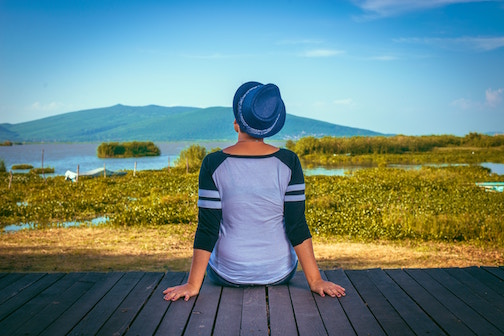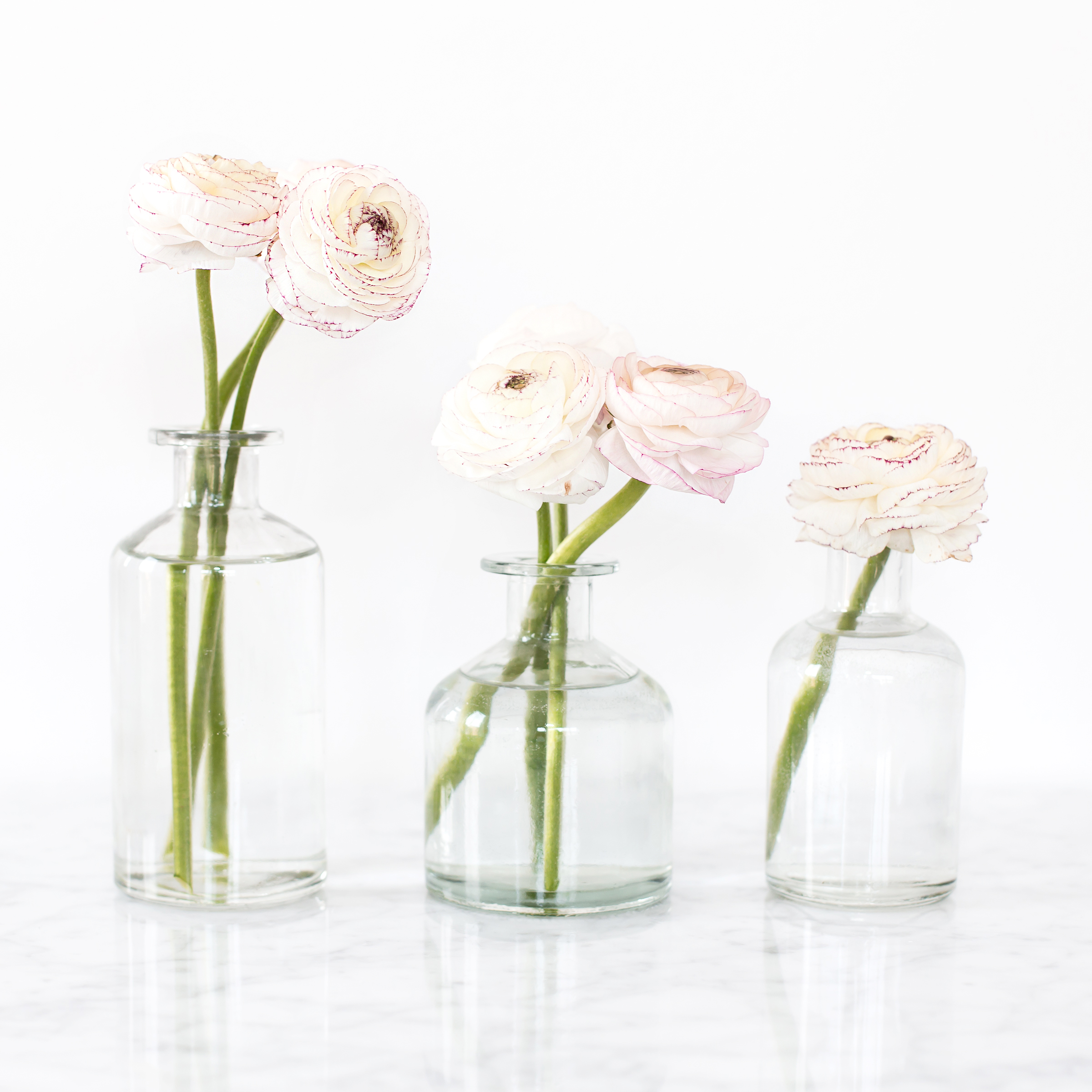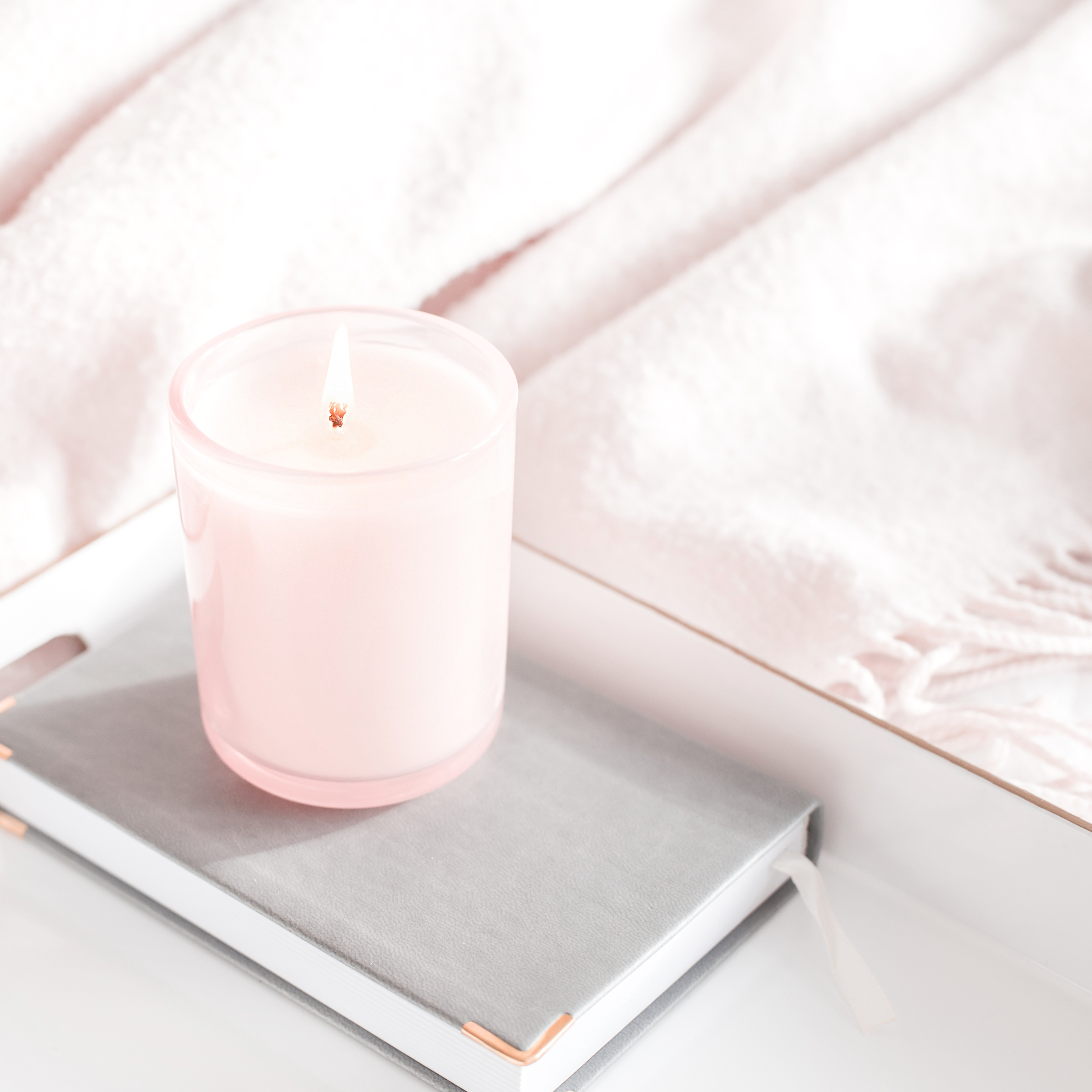There has been more and more research coming out about our natural sensitivity and how this impacts our lives. Our inherent sensitivity is what allows us to pick up on all the environmental cues that help us stay safe, make decisions, notice opportunities and resources, and build connections with others. The more highly attuned our sensitivity, the more information we gather about our world and ourselves. This is a wonderful gift, but it can also be a source of stress, anxiety, and overwhelm – especially when we aren’t aware of what we are taking in and how to manage it.
You may have seen the increase in articles about empaths and highly sensitive people. This describes the part of the population that has enhanced sensitivity. But we are all sensitive to some degree. Our nervous system and emotional antennae are picking up information all the time. When in balance, this helps us to be more intuitive, perceptive, creative, and compassionate. But when our senses get overloaded, then our nervous system can get over-stimulated (leading to stress and anxiety), our hormones can get out of whack, and we can feel emotionally confused, exhausted, or numb.
So, for our own health and wellbeing, it is important to understand our sensitivity and know how to care for it.
What You’ll Do:
1) Identify your baseline. Think of a time when you felt relaxed,  open, and in flow. What did this feel like in your body? In your mind? Emotionally? What does it feel like when you are just being yourself? Or when you wake up in the morning (before going out into the world)? One of the best tools we can develop is a sense of our own nature – who we are and how we feel when we aren’t being influenced or overwhelmed by who or what is around us. This then allows us to discern what is coming from within, and what we are picking up or absorbing from the outside.
open, and in flow. What did this feel like in your body? In your mind? Emotionally? What does it feel like when you are just being yourself? Or when you wake up in the morning (before going out into the world)? One of the best tools we can develop is a sense of our own nature – who we are and how we feel when we aren’t being influenced or overwhelmed by who or what is around us. This then allows us to discern what is coming from within, and what we are picking up or absorbing from the outside.
2) Notice your triggers. Are there particular people or situations that leave you feeling anxious or drained? Take time to notice what may be over-stimulating you. Notice the qualities of these people or experiences and how they impact you physically, mentally, and emotionally. Is it something in the environment (too bright, loud, chaotic, etc.), are you picking up on someone’s emotions (anger, frustration, fear, hopelessness, etc.), or maybe you are being asked to behave or respond in a way that doesn’t feel right to you. Take a moment to really track whatever it is and see how it is impacting you. Then use this information to guide you in setting things up differently in the future.
feeling anxious or drained? Take time to notice what may be over-stimulating you. Notice the qualities of these people or experiences and how they impact you physically, mentally, and emotionally. Is it something in the environment (too bright, loud, chaotic, etc.), are you picking up on someone’s emotions (anger, frustration, fear, hopelessness, etc.), or maybe you are being asked to behave or respond in a way that doesn’t feel right to you. Take a moment to really track whatever it is and see how it is impacting you. Then use this information to guide you in setting things up differently in the future.
3) Self-care and setting boundaries. One way to prevent more anxiety is to not let your senses be  overwhelmed in the first place. If you know there are certain things that stress you out or overwhelm your senses (like what you identified in step two), then it is good to strategize ahead of time. What do you need in order to feel calm and centered? Are you sensitive to noise? Carry noise-cancelling headphones (these can be so helpful in loud, chaotic places). Are you sensitive to other people’s stress? If you are talking with someone who is dumping their stress on you, find a polite way to end the conversation or take it in a more uplifting direction. If you are in a stress filled environment (like an office or an airport), take a moment to breathe deeply (and even close your eyes) and imagine with each exhale you are letting that stress go, and each inhale you are creating your own little space where you are protected and relaxed. And for extra relaxation, make your exhale twice as long as your inhale (i.e.: inhale for 3 seconds, exhale for 6). Create whatever strategies feel good to you. The possibilities are endless.
overwhelmed in the first place. If you know there are certain things that stress you out or overwhelm your senses (like what you identified in step two), then it is good to strategize ahead of time. What do you need in order to feel calm and centered? Are you sensitive to noise? Carry noise-cancelling headphones (these can be so helpful in loud, chaotic places). Are you sensitive to other people’s stress? If you are talking with someone who is dumping their stress on you, find a polite way to end the conversation or take it in a more uplifting direction. If you are in a stress filled environment (like an office or an airport), take a moment to breathe deeply (and even close your eyes) and imagine with each exhale you are letting that stress go, and each inhale you are creating your own little space where you are protected and relaxed. And for extra relaxation, make your exhale twice as long as your inhale (i.e.: inhale for 3 seconds, exhale for 6). Create whatever strategies feel good to you. The possibilities are endless.
4) Meditation and giving your senses a break. In addition to taking care of yourself in the moment, it is also good to have times throughout the day that you just give your senses a break. This can be as simple as taking a few minutes to close your eyes and breathe (just closing your eyes gives your nervous system a break because you aren’t taking in visual stimuli – which is especially important if you are looking at screens all day), or going into a quiet room and closing the door for a few minutes (to decrease auditory stimulation). If you want to do more, you could meditate for five or ten minutes (or longer if you enjoy it), do some yoga or stretching, take a walk in nature (just being around trees and fresh air calms our system and opens our heart), listen to relaxing music (I do this at my desk when I feel wound up or stressed), or do a guided visualization. For a special treat, try a Yin Yoga class or Yoga Nidra – both are deeply nourishing and relaxing. Choose whatever gives your mind and body a break and allows you to breathe a little deeper and rest a little more.
your eyes gives your nervous system a break because you aren’t taking in visual stimuli – which is especially important if you are looking at screens all day), or going into a quiet room and closing the door for a few minutes (to decrease auditory stimulation). If you want to do more, you could meditate for five or ten minutes (or longer if you enjoy it), do some yoga or stretching, take a walk in nature (just being around trees and fresh air calms our system and opens our heart), listen to relaxing music (I do this at my desk when I feel wound up or stressed), or do a guided visualization. For a special treat, try a Yin Yoga class or Yoga Nidra – both are deeply nourishing and relaxing. Choose whatever gives your mind and body a break and allows you to breathe a little deeper and rest a little more.
5) Using your senses for what really matters to you. With all this great awareness and self-care  you are practicing, you will free your sensitivity up to be the amazing tool that it actually is. When we are not overloaded with too much stimulation and everyone else’s emotional energy, we can hone our sensitivity and use it to increase our intuition, our creativity, and our ability to deeply connect (with each other and with ourselves). There are great blessings that come with being sensitive, so give yourself the chance to discover what these are and how they can enhance your life and the lives of the people around you.
you are practicing, you will free your sensitivity up to be the amazing tool that it actually is. When we are not overloaded with too much stimulation and everyone else’s emotional energy, we can hone our sensitivity and use it to increase our intuition, our creativity, and our ability to deeply connect (with each other and with ourselves). There are great blessings that come with being sensitive, so give yourself the chance to discover what these are and how they can enhance your life and the lives of the people around you.

Comments are closed.